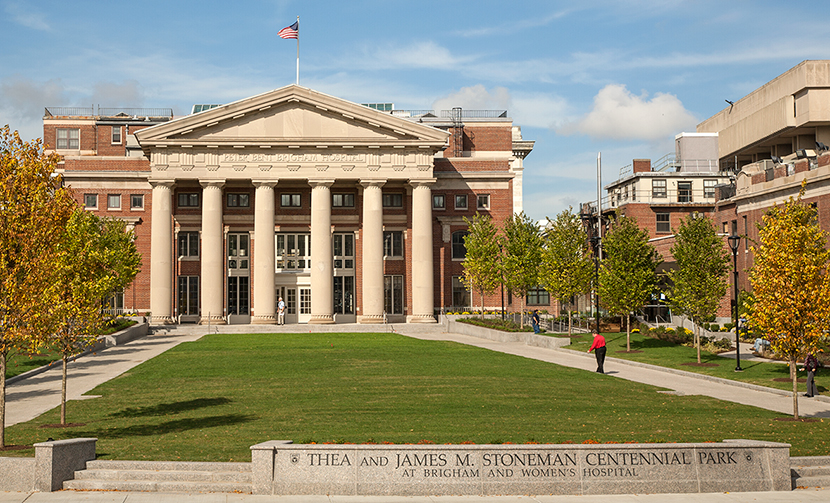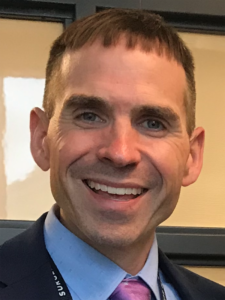The following recipients were recently honored with awards at the Final Service Conference.
Surgery Class of ’63 Scholar – Katherine He, MD
Surgical Oncology Research Award – Eliza Lorentzen, MD
PBB Scholar Award (This award is the highest ABSITE score and comes with a $500 award) – Yun Jee Kang, MD (80.4% correct and 98th percentile)
Medical Student Teaching Awards
PGY1 Ezra Brooks, MD
PGY2 Tom Martin, MD
PGY3 Cullen Roberts, MD
PGY4 Christine Wu, MD
PGY5 Elizabeth Yates, MD, MPH (The Robert T. Osteen Award for Medical Student Education in Surgery)
Faculty Student Teaching Award – Reza Askari, MD
Edward Kwasnik Award – James Etheridge, MD, MPH
Christine Weeks Schofield Award – John Gaspich, MD
Grant Rodkey Award – Katherine He, MD
Vollman Award (This award is voted by the faculty at Faulkner Hospital) – Cullen Roberts, MD
Star Thrower Award (This award is given by the administrative chiefs to the resident who has gone above and beyond) – Max Riley, MD
Francis D. Moore Award (This award is voted on by junior residents and presented to a senior resident) – Elizabeth Yates, MD, MPH
Donald J. Matson Award (This award is voted on by all the house staff and presented to a faculty member) – Matt Nehs, MD
Richard E. Wilson Award (This award is voted on by chief residents and presented to a faculty member) – Jiping Wang, MD, PhD, and Stanley Ashley, MD


